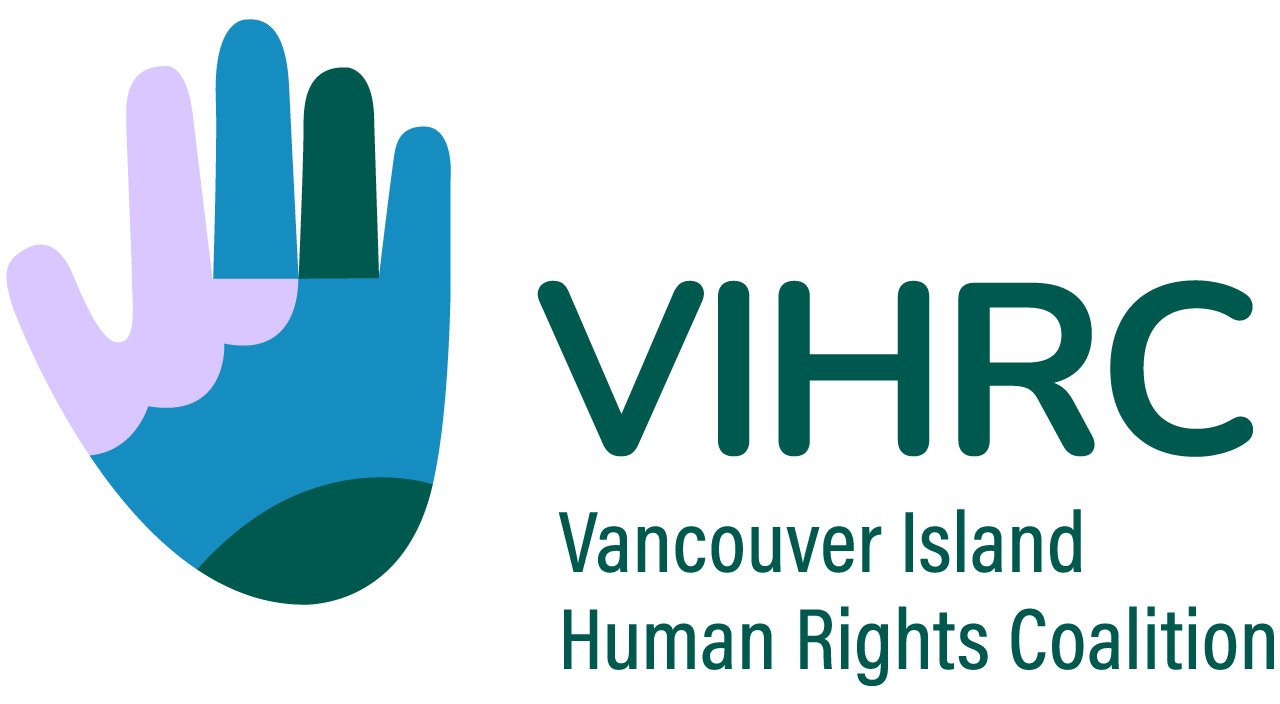By: N Olivier Wilson, Social Work Student
No part of British Columbia’s society is immune from Indigenous-specific racism and the responsibility to work towards a racism and discrimiation free future.
This is made abundantly clear in the report, In Plain Sight: Addressing Indigenous-Specific Racism and Discrimination in B.C. Health Care. Authored by Mary Ellen Turpel-Lafond, the report describes how a racist health care system has time and again failed Indigenous people in B.C and outlines the necessary steps to ensure substantive equity in B.C’s health care system. VIHRC encourages all British Columbians to read and reflect on the report. Below is a summary of the report’s main findings and recommendations.
The key finding of the report is that racism contributes to Indigneous people suffering poorer health outcomes in comparison to non-Indigenous people in B.C. While the perpetrators of discrimination are individual health care workers, the prevalence of these ‘bad actors’ signals a more systemic issues, and “systemic racism requires systemic action” (p. 6-7). The report makes 24 recommendations aimed at confronting Indigenous-specific racism in the B.C.’s health care system. Here are a few of the recommendations. Medical staff need to be encouraged to ‘speak up’ against racism in the workplace and the recruitment of Indigneous peoples into health care positions has to be a priority within all the province’s health authorities. At a broader level, the province needs a new approach to anti-racism, cultural humility, and trauma-informed training so everyone working in or accessing B.C.’s health care system contributes to the cultural safety of Indigenous people. Cultural safety only materializes when Indigneous peoples are treated as equal partners in the development of a racism-free provincial health care system. Indigenous understandings of health and wellness have to be foundational to a new health care framework that has a robust accountability structure ensuring discriminatory practices are identified and eliminated.
From page 19 of “In Plain Sight: Addressing Indigenous-specific Racism and Discrimination in B.C. Health Care”
Encouragingly, some of the report’s recommendations have already been acted upon. The Minister of Health, Adrian Dix, has followed through on the recommendation that the B.C. government formally apologize for Indigenous-specific racism in the health care system. Additionally, Dix appointed an associate deputy minister to lead a task force to ensure that all the recommendations of the report are implemented within 24 months through consultation and cooperation with Indigenous peoples. At the federal level, consultations have begun to identify gaps and inequalities that affect Indigenous peoples experiences with health care systems across the country. Though these are steps in the right direction, both the province and federal government have a long way to go to promote anti-racism, cultural safety, and a respect for Indigenous rights in line with the United Nations Declaration on the Rights of Indigenous Peoples.
Again, VIHRC encourages all British Columbians to read the report and reflect upon what they can do to move the province towards an inclusive society free from Indigenous-specific racism. Let’s keep the pressure on the government so anti-racism, cultural humility, and trauma-informed training become foundational aspects of a provincial health system that prizes the cultural safety of Indigenous peoples.
Disclaimer
The VIHRC blog is for informational purposes only and is not intended to be legal advice.


